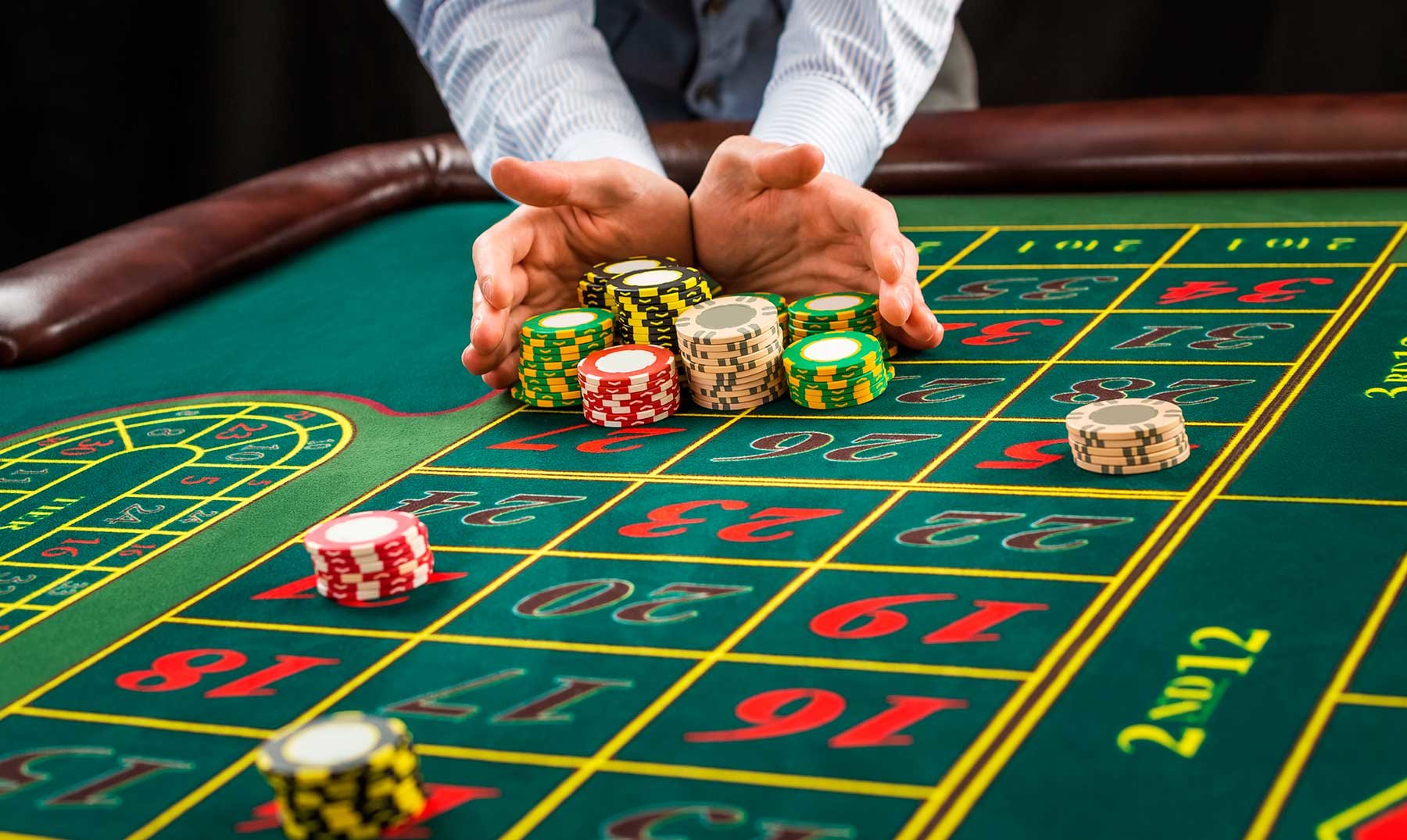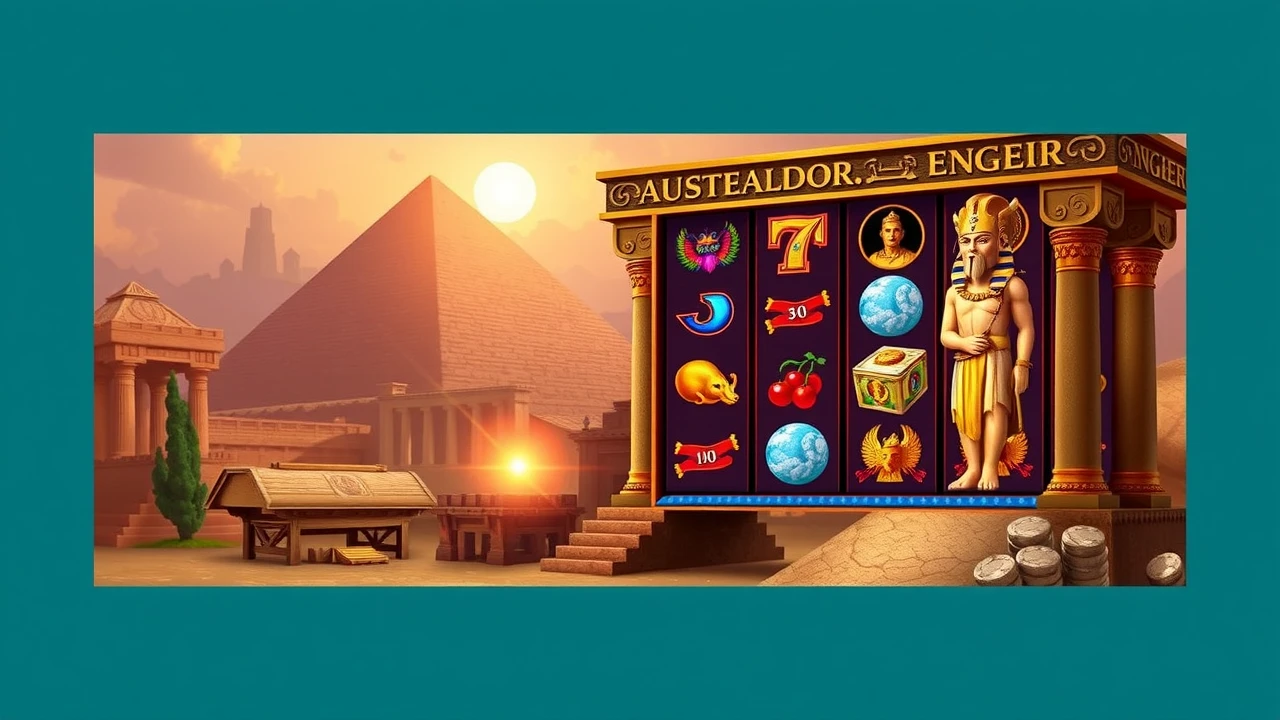The Cultural Influence of Gambling Games Across the Globe

Casino entertainment have long been a fascinating source of amusement, drawing countless of players from different cultures around the globe. From the lively casinos of the Strip to the bustling gambling halls of Macau, these games serve as a common thread that brings together people across various backgrounds. The allure of chance, tactics, and gambling entices not only those looking to gamble for profit but also those seeking a sense of community.
The significance of casino games extends far beyond the gaming floor. They often represent the social norms and traditions of the cultures in which they prosper. Games such as poker, pontoon, and the wheel game have embedded themselves into the fabric of mainstream culture, influencing multiple fields from films to clothing. As we explore this captivating intersection of chance and life, we can better understand how casino games shape and are shaped by the environment surrounding us.
Historical Progression of Gambling Activities
The beginnings of gaming games can be tracked back to old cultures, where gambling in multiple forms was widely performed. In Ancient China, around two thousand three hundred years before Christ, a form of luck game known as Keno was common, while in historic the Roman Empire, soldiers would regularly gamble on the results of their contests. The idea of using chance for entertainment and profit progressed over the ages, leading to the creation of more formal games. By the late Middle Ages, betting houses began to surface in the continent, particularly in Italy, which introduced early incarnations of famous games still enjoyed today.
As betting expanded popularity in European regions, the 17th and 18th centuries saw the emergence of gaming houses as specialized establishments for gambling. casino no verification The earliest official gambling house, the Ridotto, was set up in Venice in 1638, offering activities like Baccarat games and the game Faro. This era marked a major shifting point, as gaming venues commenced to welcome not just the elite but also the expanding middle-tier society. The refinement of activities evolved, leading to the introduction of new rules and variations that enriched the play experience.
In the 19th century, the industrial age and shifts in societal norms further transformed the landscape of gambling games. The launch of roulette and contemporary one-armed bandits pulled in a more diverse clientele, and casinos became seen as legitimate fun. This period witnessed the international spread of casino activities, as gambling houses extended from the continent to the Western Hemisphere, culminating in the creation of the legendary Strip of Las Vegas in the twentieth century. The evolution of casino games has persisted into the present day, integrating technology and digital services, rendering them accessible to a universal market.
## Cultural Relevance across Different Communities
Casino activities have deep-rooted social value within numerous communities throughout the planet. Places like Las Vegas, the very core of the city is woven around casinos, where gaming is not just a recreational activity but a key aspect of social engagement and social interaction. The vivid lights and lively atmosphere attract countless individuals, showcasing how gambling activities can shape local financial landscapes and cultural uniqueness. This environment transforms the notion of leisure into an engaging encounter that shapes style, music, and even movies.
On the other hand, some societies approach betting with greater care, considering it through the lens of ethical beliefs and tradition. For example, in numerous Asian communities, games like Mahjong and Pai Gow are rich with history and have significant social implications. These games are often played during gatherings and festivities, fostering collective connections and solidifying family ties. The act of playing these games goes past mere amusement, reflecting principles such as deference to seniors and the significance of collective enjoyment.
At the same time, in Western countries such as the principality of Monaco and Italy, gambling activities serve as symbols of opulence and elegance. The refined atmosphere of these establishments attracts both tourists and residents, upholding a sense of distinction and exclusivity. The art of Texas Hold'em and the strategic features of games like banker’s game are appreciated, molding social dynamics and creating an allure that captivates a diverse audience. This highlights how casino games can concurrently reflect and influence societal views towards risk, gain, and social interaction.
Financial Influence and Tourism
Casino games play a significant role in the financial context of many regions, particularly those that rely heavily on visitor traffic. The revenue generated from gambling establishments fuels local economies, creating jobs not only within the casinos themselves but also in related sectors such as hospitality, dining, and entertainment. This influx of tourists, drawn by the attraction of games and the overall casino experience, stimulates expenditure across multiple businesses, contributing to the economic vitality of the region.
The presence of casinos often leads to the construction of infrastructure, including hotels, public transit, and leisure amenities. These developments are essential in improving the overall tourist experience, making locations more appealing to tourists. Additionally, many casinos invest in local communities through sponsorship of activities and charitable initiatives, further integrating themselves into the community structure of the region. Such investment not only supports economic growth but also cultivates a positive reputation of the casino industry.
Furthermore, the worldwide appeal of casino games drives competitive tourism, with regions vying to attract players from across the globe. Iconic destinations like Las Vegas and Macau have become synonymous with casino culture, drawing millions annually. This advantage encourages innovation and diversification within the gambling sector, influencing developments in leisure and accommodation that extend beyond their borders. The ripple effects of this visitor influx extend far, impacting local economies and cultural exchanges on a worldwide scale.




